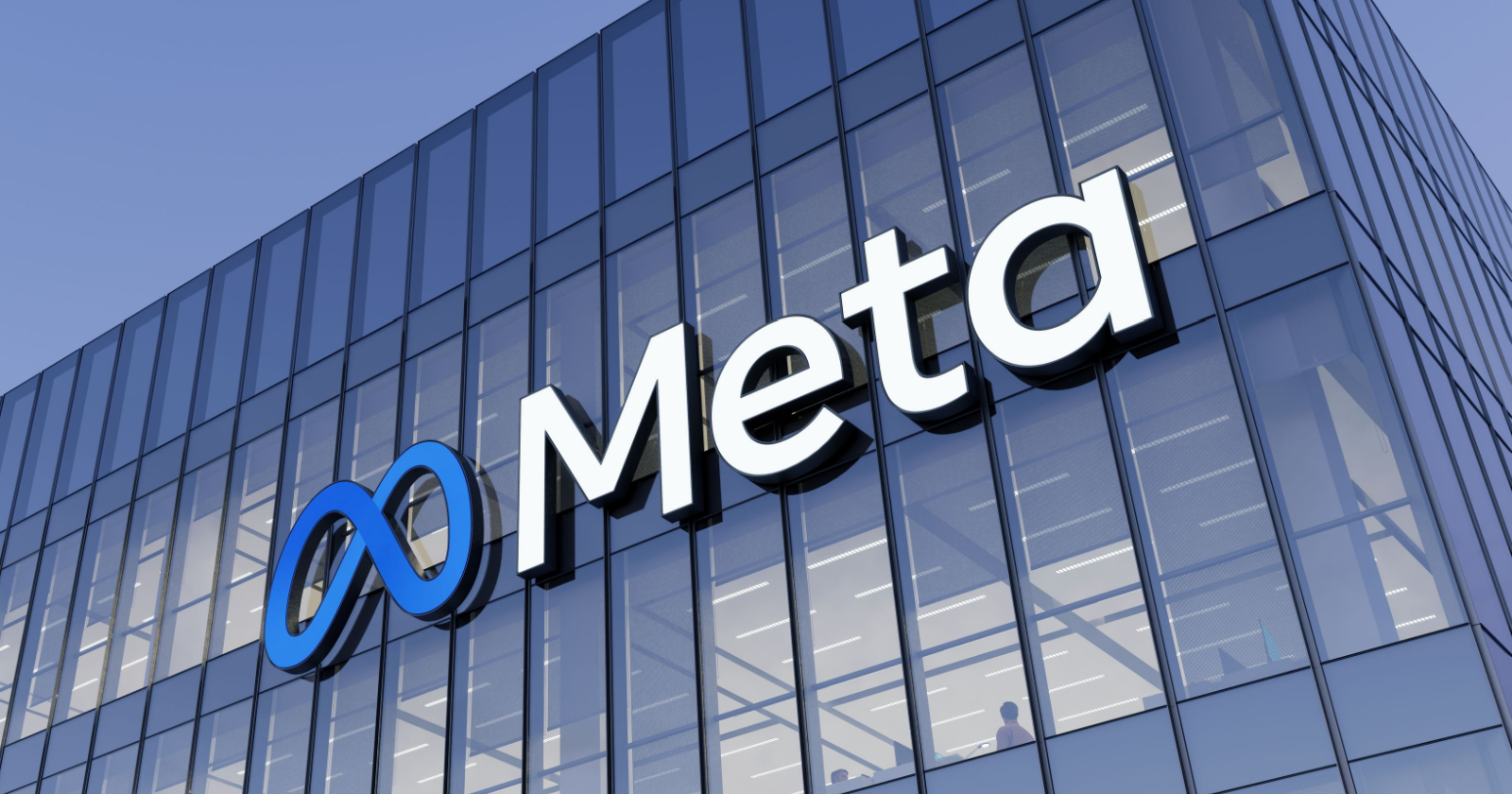In the ever-evolving landscape of tech and data, the legal world is no stranger to high-stakes battles. The recent green light for a £2.3 billion collective damages claim against what is now known as Meta Platforms Inc. (formerly Facebook) in London is not just another lawsuit. It’s a potential game-changer for how tech giants interact with and are held accountable by those who fuel their dominance – consumers. Led by Quinn Emanuel Urquhart & Sullivan, it’s an unprecedented legal action that touches on market dominance, consumer protection, and data privacy concerns that reverberate across the global digital economy.
Unpacking the Allegations Against Meta Platforms
At the heart of this colossal legal endeavor are accusations that Meta abused its dominant market position and leveraged unfair terms and prices on its users. The suit, representing a staggering number of over 40 million consumers, asserts that Meta required users to share personal data to access its suite of apps, which includes heavyweights like Instagram and WhatsApp.
The Significance of Market Dominance in the UK
Under British competition law, market dominance means a company holds a powerful position in its market that allows it to act independently of competitive pressures and affects pricing, quality, and the variety of goods and services offered to consumers. The lawsuit argues that Meta’s market position enabled it to enforce terms and conditions that resulted in substantial revenue from user data, often without equitable compensation to the users.
User Trading Terms and the Unspoken Cost of Free Services
The case against Meta isn’t just about stringent terms of service; it’s about the often unspoken but undeniably real ‘cost’ of seemingly free services. In essence, the lawsuit contends that Meta capitalized on user data without transparently compensating users for the true value of the personal information at play.
The High Price of “Free” Apps and Data
The irony of “free” apps and services in which users ‘pay’ with their data is a point of contention that the legal realm will be forced to grapple with. How does the concept of ‘monetizing’ data align with consumer rights and fair economic practices? These questions strike at the core of a business model that underpins many of today’s tech giants, with potential implications for the wider digital ecosystem.
The Legal Team Leading the Charge
Dr. Liza Lovdahl Gormsen, a distinguished competition law academic and market abuse practitioner, has spearheaded this historic claim. This team’s passion for the case and its track record in high-stakes litigation underscores the seriousness and intricacies of the legal battle ahead.
The Competitive Legal Landscape
In mounting a challenge of this magnitude, the legal team navigates a landscape as competitive as it is complex. They must effectively balance the pursuit of consumer justice with the stringent demands of competition law and the delicate nature of proving damages related to market abuses.
Legal Innovation in Tech Litigation
This case is not just groundbreaking for its potential financial impact. It also represents a push for legal innovation, seeking to address consumer protection issues in the context of rapidly evolving digital markets. The adaptability and foresight of the legal team in handling such complex technology-related matters will carve out new precedents and pathways for future tech litigations.
Implications: Meta, Consumer Data, and the Future
The lawsuit isn’t just a matter of financial reparations; it’s a catalyst for scrutinizing the practices and responsibilities of major tech companies. Meta’s approach to consumer data and its implications for privacy and consumer rights are under the legal microscope, with potential ramifications for the broader tech industry.
Balancing Business Innovation with Regulatory Oversight
In the pursuit of innovative business models, tech companies often flirt with the boundaries of consumer protection and competition laws. This legal action against Meta serves as a reminder that business innovation and regulatory oversight must find a harmonious balance, especially in the arena of data-driven services and products.
Shaping the Global Dialogue on Data Privacy and Use
The proceedings against Meta will undoubtedly influence the global discourse on data privacy and the ethical use of personal information. As debates around data ownership and fair compensation intensify, the legal outcome could set a precedent that resonates far beyond the UK’s shores, potentially influencing laws and corporate practices worldwide.
Empowering Consumers in the Digital Realm
This legal battle is as much about redress for consumers as it is about empowerment. As the lawsuit unfolds, there’s an opportunity to refocus the balance of power between tech companies and the individuals who form the backbone of their operations. The result could signify a turning point where corporate accountability aligns more closely with consumer interests, providing a clearer path for regulatory frameworks that put people first in the digital age.
Conclusion: The Journey Ahead for Meta and the Digital Economy
The acceptance of this £2.3 billion legal claim in London against Meta marks the beginning of an arduous legal journey. For Meta, the outcome could require a re-evaluation of business practices and engagements with users. For the tech industry, it signals a rising tide of legal challenges that demand a more nuanced and sensitive approach to consumer rights and data usage.
The destination of this landmark legal odyssey remains uncertain, but one thing is clear: tech giants must contend with the growing chorus of voices calling for accountability and redefined relationships with the digital services they provide. As this narrative unfolds, it’s not just about the price tag attached to damages. It’s about the intrinsic value of user data, the resilience of business models built on ‘free’ foundations, and the rights of consumers in an increasingly data-driven world.













